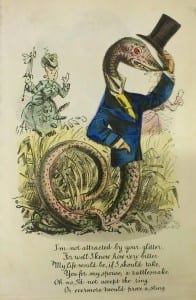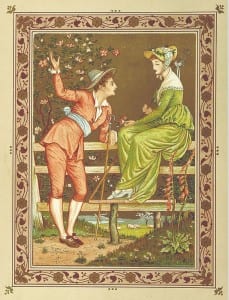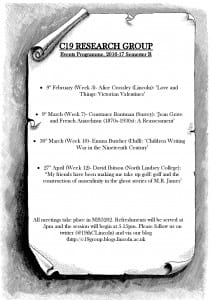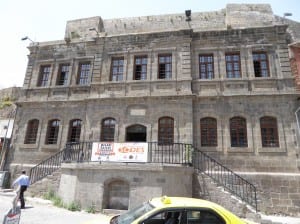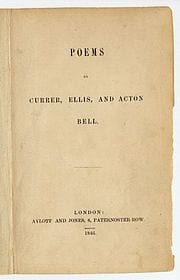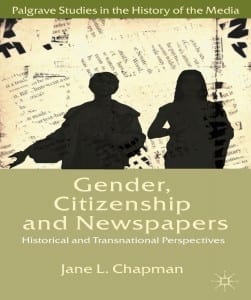This Thursday, Dr. Alice Crossley (Lincoln) will be talking to us about Victorian Valentines. The session will begin with refreshments at 5pm, with the paper itself due to start at 5.15pm. We will be in room MB3202.
‘Love and Things: Victorian Valentines’
Although we might think of it as a very recent custom, the tradition of sending a valentines card each year on 14th February became popular in the nineteenth century. This paper will begin by providing a brief history of valentines, with an emphasis on the nineteenth century when such cards came in various forms: pretty and sentimental, witty and playful, or vulgar and crude. Each type will be explored, illustrated by a wealth of examples to encapsulate the imagery, trace the thematic trends, and to showcase the different categories of Victorian valentine.
This paper will explore some of the ways that these objects signify, in part through an analysis of their representation in literary texts. This will include discussion of a sustained fascination with valentines cards in the Victorian press, as well as the use of valentines in fiction by Charles Dickens and Thomas Hardy. It will consider how valentines function symbolically to encapsulate an emotional bond, but also how viewing them as a simple gesture of love or courtship flattens and simplifies their role in Victorian culture.
Alice Crossley is a Senior Lecturer in English Literature in the College of Arts, specialising in nineteenth-century literature and culture. She joined the department in 2016. Her research focuses on masculinity and representations of adolescence in the Victorian novel, as well as nineteenth-century valentines.
